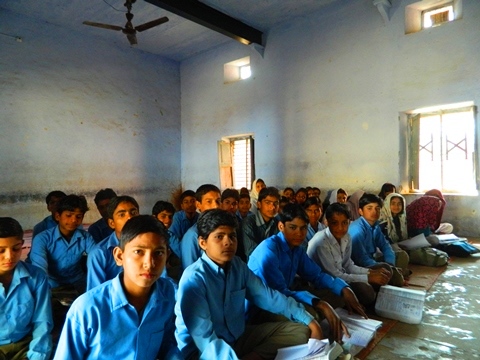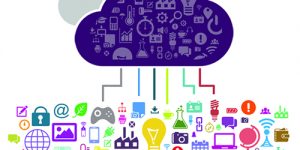
ICTpost Education Bureau
A cursory glance at the school ICT programmes
There is no single or universal formula when it comes to applying ICT in education nor a piece of advice that can be directly applied without considering each country’s priorities, long term budgetary prospects and commitment. Crafting a new future for, and with, the emerging information society, through achievement of new curriculum goals via emerging pedagogical practices, is the job before educators.
From leaders in the government to leading pedagogues, all face decisions as to why and how to integrate ICT (read computers and the allied technologies) into education of children. The decisions are not easy, because choices are complex and demanding and the impact of the technology on education is open to debate. Research says little to guide decision-makers. To make the matter further complicated, the technology keeps changing.
Social scientists acknowledge the changes that are taking place towards a global, knowledge-oriented economy. There is no general agreement on the pace at which these changes are taking place, but people do agree that the knowledge society or at any rate, the information society is here.
South Korea, among the Asian nations, made the clear statement that the goal of its ICT in schools is adapting education to the information age. The rhetoric that curriculum reform should make use of the technology, to prepare the present and the coming generations for the information age, is also the rationale for new mechanisms for lifelong learning using information technology to bring about changes in the content, process and outcome of education.
The available policy statements from different countries converge on two prominent themes, namely, ICT skills for all and ICT integration to enhance the teaching-learning processes. The latter often gains support from the assertions that integration of the new technology calls for a new pedagogy and that the new pedagogy is emerging.
Within Asia and the Pacific region, advanced countries like Australia, Singapore and South Korea have policy goals linked with overall national ICT policies introduce ICT in education to contribute to the knowledge society for economic development, fostering creative industrial manpower, bridging the digital divide and promoting equity in access. All these countries have revised their curricula to make ICT an integral part. Delivery of education is increasingly online. Delivery of teacher training too is rapidly going online. Training of teachers also develops the skills in putting the classrooms online, developing websites and concern for digital rights management and copyright issues. These countries are also ahead of others in the region in terms of evaluation and monitoring of their practices.







